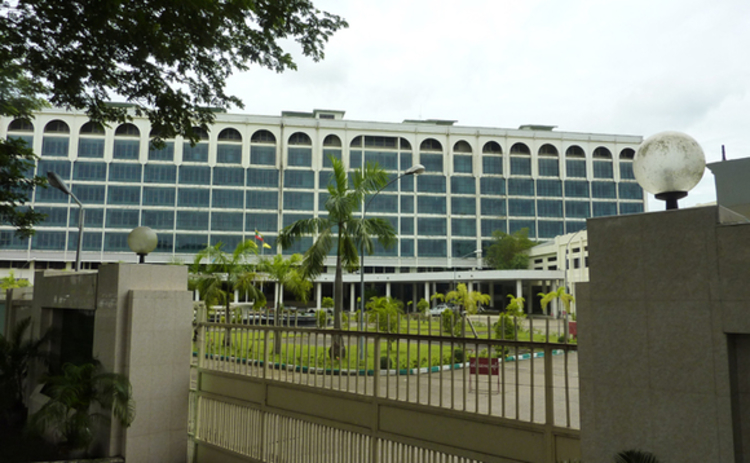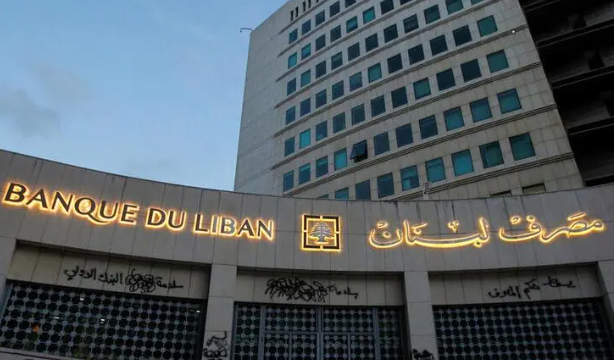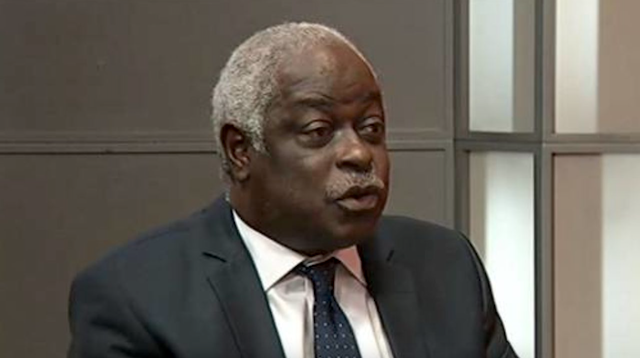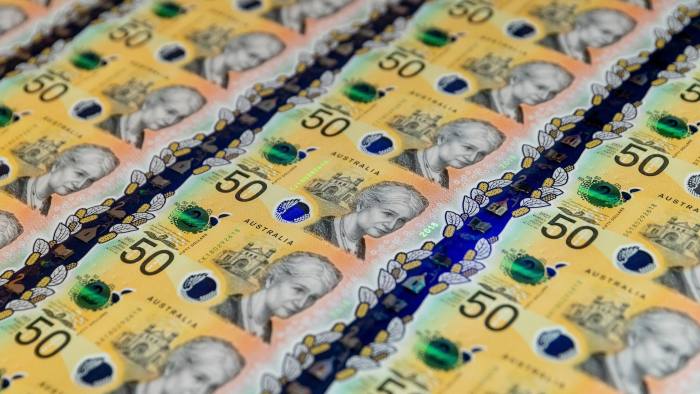The Lagos Chamber of Commerce and Industry (LCCI) has urged government to adopt prudent fiscal policy measures and investment friendly tax policies that work in tandem with the efforts of the Central Bank of Nigeria (CBN) to tame inflation.
The President of LCCI, Mr Gabriel Idahosa, said this at the Chamber’s first quarter of 2024 news conference on Thursday in Lagos.
Idahosa said that the quarterly event was the Chamber’s traditional model of engaging in public policy advocacy to drive a stronger economy and a better enabling business environment.
He said through macroeconomic diagnostics and reviews, the briefing highlights areas of opportunities, concerns and provide recommendations to government on policies that can better empower the private sector to economic development.
The LCCI president said that headline inflation continued its upward trend in December 2023, rising to 28.92 per cent compared to 26.72 per cent recorded in September 2023, 2.20 per cent higher.
He noted that the inflationary pressures were primarily attributed to food and non-alcoholic beverages; housing, water, electricity, gas and other fuel; clothing & footwear; transport and furnishing & household equipment and maintenance.
Idahosa averred that increasing monetary policy rate has, thus far, proven to be insufficient in taming inflation.
This, he said, therefore, meant that there was a clear need for the government to strengthen its support to critical sectors like agriculture, road infrastructure, power, energy and other key sectors.
He, however, projected that should government be able to address main drivers of inflation including food and transportation in 2024, the transportation component of inflation was likely to come down.
“This is because we can see the efforts being made to put buses on the road that are more gas or electric.
“Borno now has a large fleet of these vehicles and a number of companies in Nigeria are embracing producing gas powered buses.
“Should this trend from now month by month continue, there would show a decrease in cost of public transportation.
“Given the fact that Dangote has started refining fuel, we do not expect to see a dramatic reduction in price of oil but we expect some reduction as we won’t spend dollars taking crude out or bringing it back.
“What that means is that sometime in the year, you won’t see further dramatic rise in inflation,” he said.
Idahosa said that the global economy in 2023 proved more resilient than expected in the face of significant monetary tightening, continuing policy uncertainties, multiple shocks from conflicts and climate change.
He, however, noted that domestically, Gross Domestic Product (GDP) reports in 2023 showed quarterly growth that indicated a weak and fragile economy.
The LCCI president projected that in emerging market and developing economies growth was projected to remain steady at about 3.9 per cent in 2024.
He, however, stated that growth was expected to remain divergent in the region due to an array of global and domestic currents.
Idahosa recommended that the Federal Government urgently address the structure of the power sector particularly, with focus on the transmission segment.
This, he said, was needed to attract private sector investment into electricity transmission to bring in relevant financial, technical, and management capacity.
“The Federal Government needs to step up efforts to address the security challenges that have negatively affected investment inflows and improve the security measures adopted in tackling the menace of oil theft and vandalism.
“On agriculture sector growth, we urge the federal government to improve security and intensify the implementation of the national agricultural extension policy with focus on improved and relevant agricultural technologies.
“The cost of logistics has gone up due to the poor state of our roads and the inadequate connectivity amongst farms, factories, and markets.
“The LCCI commends the Federal Government for the recent effort to attract private investment into the infrastructure sector. We also expect improved implementation of the capital funding allocated to infrastructures in 2024 budget.
“While the CBN embarks on monetary tightening to tame inflation, it should ensure that targeted concessionary credit to the private sector is sustained for Micro, Small and Medium Enterprises (MSME),” he said.
He noted that the LCCI and the media had come a long way in shaping the nation’s economy through policy advocacy and engagements.
Idahosa expressed hope that the relationship remained sustained as the chamber strives to create a more conducive investment climate for the benefit of all stakeholders.






